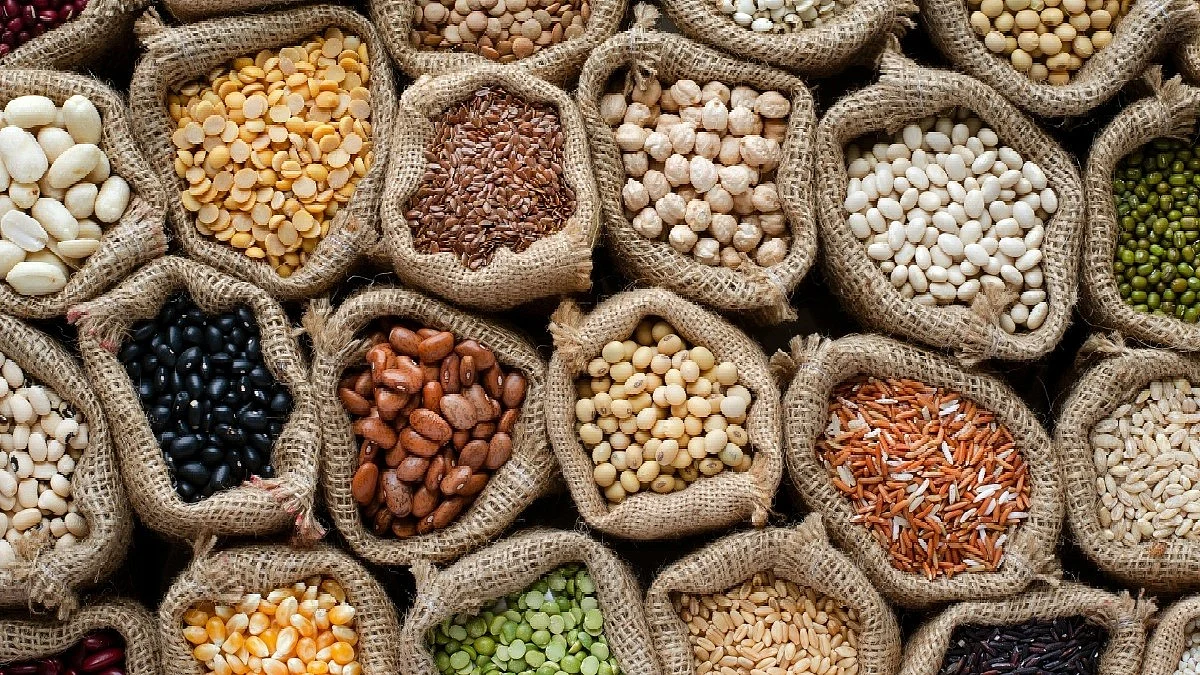World Pulses Day 2024: Theme, History, and Significance
Check the theme, history, and significance for World Pulses Day 2024.

advertisement
World Pulses Day is celebrated on 10 February every year. According to the United Nations, this day is dedicated to highlighting the importance of pulses and their nutritional benefits.
Pulses are a class of foods that includes dry peas, beans, lentils, lupins, and chickpeas. They are rich in protein, fiber, vitamins, and minerals. They are low in fat and sugar. Pulses are a staple of many countries, and they are used in a variety of dishes.
World Pulses Day 2024: History
The history of World Pulses Day dates back to 2013 when the United Nations General Assembly adopted a resolution to proclaim 2016 as the International Year of Pulses. The Food and Agriculture Organization (FAO) of the United Nations led the celebration of the first International Year of Pulses, and the event was successful in increasing public awareness about the nutritional and environmental benefits of pulses.
In 2018, the United Nations General Assembly declared February 10 as World Pulses Day. This day was established to emphasise the importance of pulses in mitigating global food challenges, improving human health, and improving soil health.
World Pulses Day 2024: Theme
This year, the theme for World Pulses Day is #Pulses: nourishing soils and people. The theme emphasises the importance of pulses in improving soil health and nutrient cycling, which can lead to increased crop productivity and food security. The theme also highlights the role of pulses in addressing climate change and promoting environmental sustainability.
World Pulses Day 2024: Significance
World Pulses Day is an opportunity to raise awareness about the importance of pulses and to promote their consumption worldwide. The day also presents an opportunity to highlight the challenges facing food systems today and to identify solutions, such as increasing the production of pulses and improving their nutritional quality.
(Disclaimer: Parts of this article were generated by AI and published after the content was editorially modified and verified by a human based on their own judgement and expertise. The Quint does not publish AI-generated content without direct human involvement and oversight.)